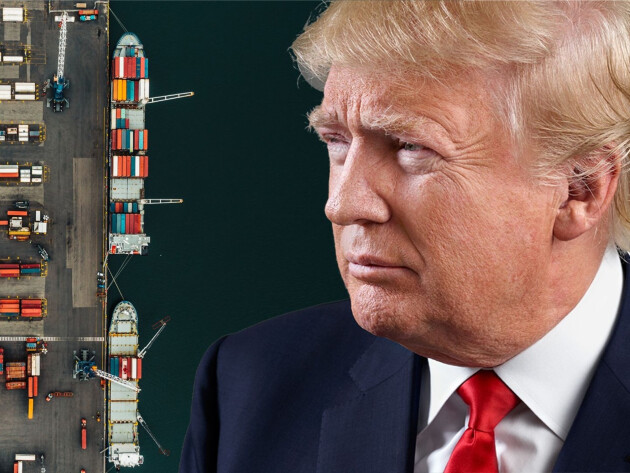
Russian mariners still indispensable for the Dutch fleet
For decades, seafarers of various nationalities have been collaborating on the Dutch fleet. With a quality flag, such as the Dutch one, crew members must meet high standards. Due to the declining influx of new Dutch seafarers at maritime schools and simultaneously the visible impact of the aging population, the Dutch sea-going fleet is becomming increasingly dependent on seafarers from abroad. For shipowners, there is only a limited number of countries that can supply highly skilled seafarers who meet our Dutch requirements. Besides the Netherlands, these are mostly from Ukraine, the Philippines, Indonesia, and also Russia.
The latter group has been under scrutiny since Russia's invasion of Ukraine. There are concerns about possible sabotage that these seafarers could carry out from their positions. The recently published study by the Legal Nautical Advisory Bureau also points to Russian captains sailing on Dutch ships as being a potential risk.
The potential banning of all 1,900 Russian mariners is, in this context, therefore understandable. At the same time, this does not come without consequences. Such a decision not only halts a significant portion of the Dutch fleet but could also lead to the reflagging of Dutch flagged ships, and these ships switching to registries where Russian seafarers are still allowed to sail. The latter would be the worst-case scenario for the Netherlands, as it would not only undermine the competitiveness of our fleet but also reduce the size of the Dutch flag.
Banning individual Russian captains
Minister Barry Madlener (Infrastructure and Water Management) The Dutch Ministry of Infrastructure and Water Management (IenW) is working towards a livable, accessible, and safe Netherlands. The ministry focuses on transportation, water management, climate adaptation, and environmental quality. seems to recognize the consequences of such a general ban for sailing with Russian captains. He opts for a more targeted approach. The minister wants to make it possible to ban individual Russian captains if national security is at stake. According to the KVNR, this is the only correct approach. It is in the interest of shipowners to exclude (Russian) captains who pose a danger to the ship and crew or national security.
However, the KVNR also immediately calls on the government to make haste in allowing more nationalities on board Dutch ships. The Dutch fleet must sail and cannot do so without a capable crew. With the declining numbers in Dutch maritime education and the growing aging population, there must be a look beyond national borders. For this, it is necessary for the Netherlands to make so-called Memoranda of Understanding with more countries from which seafarers come. These are agreements between the Netherlands and another country based on which sailing qualifications A certificate of competency is an official document attesting that its holder has the training, experience and competence required to perform a particular function on board and demonstrating the authority to serve in one or more functions on board a ship. are mutually recognized.
By allowing more nationalities on the Dutch fleet, we not only ensure a stronger and more attractive Dutch flag, but shipowners are also more flexible when such an unforeseen situation arises.
Contact...




